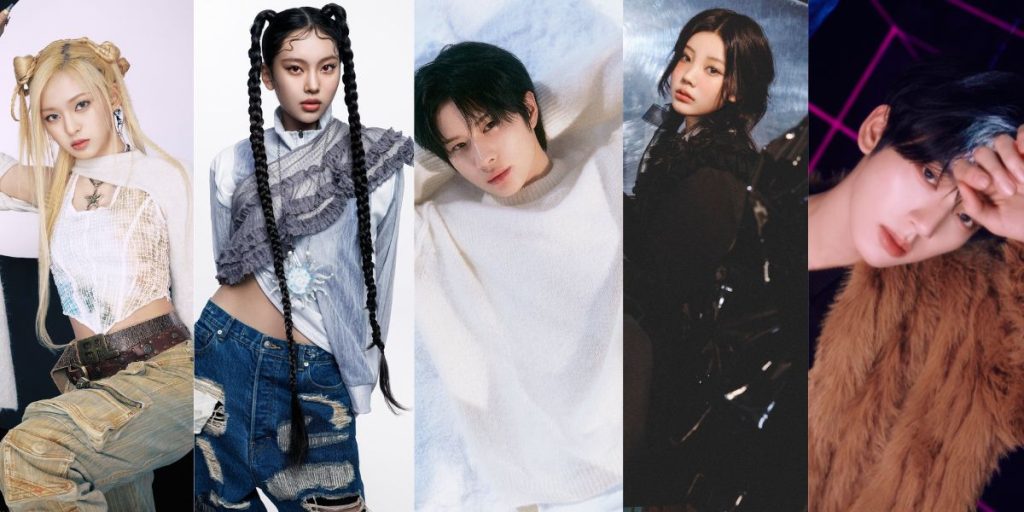There’s a big debate happening in the K-pop industry. A new proposal wants to limit the number of hours K-pop idols can work. This has sparked a conversation about whether the industry’s busy schedule is healthy for its young stars.
The music industry is pushing back against proposed changes to the Popular Culture and Arts Industry Development Act, currently under consideration in the National Assembly.
Five K-pop associations have publicly denounced the revisions, specifically the clause that strengthens regulations on underage celebrities’ work hours.
The proposed amendment introduces more strict age-based limits to further restrict the working hours of young entertainers,
Here’s how the proposed changes break down:
- Under 9 years old: 30 hours/week, 6 hours/day
- 9-15 years old: 35 hours/week, 7 hours/day
- 15 years old and above: 40 hours/week, 8 hours/day
This proposal is not new, as a similar amendment was introduced in the previous National Assembly term that expired without being passed.
The Korea Music Content Association, which represents major record labels, criticized the proposed amendment. It stated that this new proposal disregards the realities of the music industry.
In K-pop, many young idols are the driving force behind its global popularity. These idols typically start training at a young age and debut as teenagers. To become successful, they often begin performing and promoting during middle school or high school. The association argues that the proposed limits on working hours would negatively affect the development and success of these young artists.
K-pop groups often feature young members. For example, NCT DREAM’s members were all minors when they debuted. Similarly, NewJeans’ Hyein and IVE’s Leeseo were 14 when they started their careers. Other groups, like UNIS and BABYMONSTER, also have underage members. Additionally, SM Entertainment’s new girl group Hearts2Hearts lineup includes all minors.
The new regulation limiting work hours for young K-pop idols is sparking concern. Industry insiders say the rules will hinder the idols’ ability to perform and create content.
Filming music videos, concerts, and music shows require long hours. With daily time limits, idols may only be able to perform on one music show a day. This could increase production costs and negatively impact smaller agencies.
Some argue that the age-based restrictions are unfair, as idols work together as a group. This can lead to underage members feeling left out.
K-pop idols work hard because they’ve competed fiercely to debut. Their entertainment companies also care about their health, education, and well-being.
However, the current approach to protecting young idols is not practical. Instead of helping, it might feel like an unfair age limit. K-pop associations opine that the National Assembly needs to listen to everyone’s opinions and understand the situation better.
